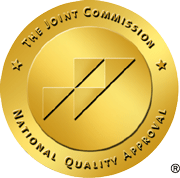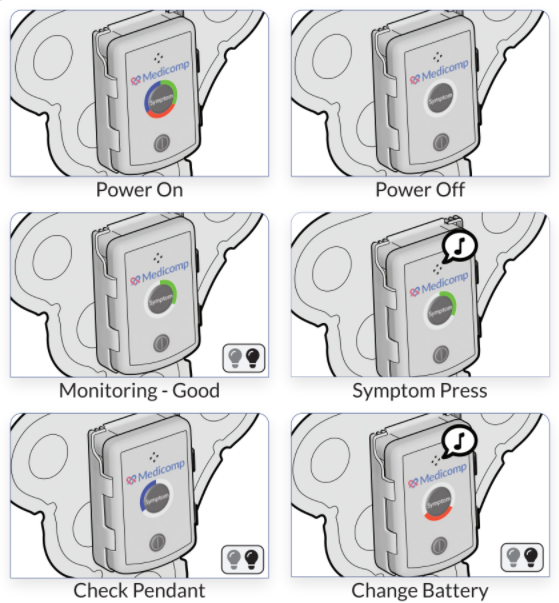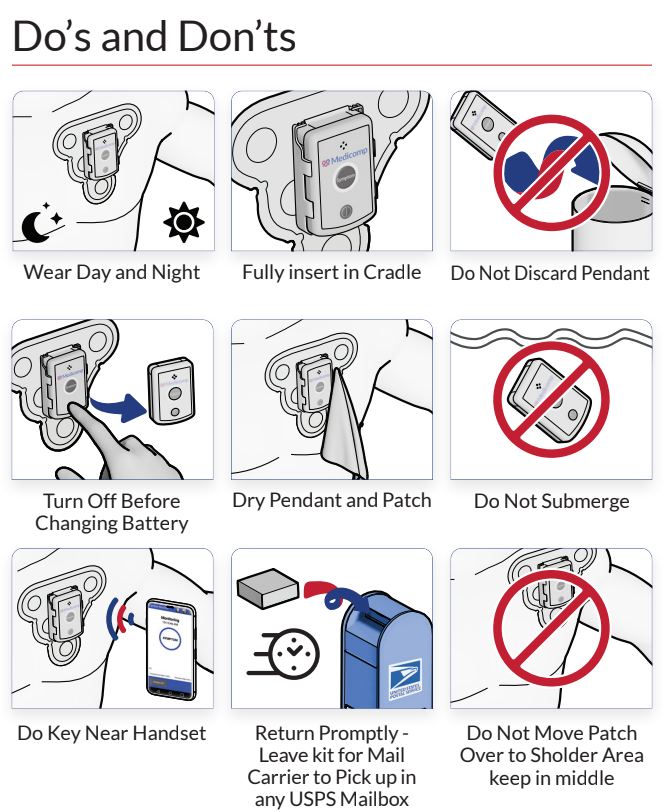A recent study presented March 17, 2017, by Heidi May, Ph.D., a Cardiovascular Epidemiologist at the Intermountain Medical Center Heart Institute in Salt Lake City, Utah, focused on health records of approximately 25,000 patients of the Intermountain Health System. The report was presented at the American College of Cardiology’s 66th Annual Scientific Session. Dr. May’s team hypothesized that depression at any time after the diagnosis of coronary heart disease was a strong indicator of early morbidity. ReactDx offers long-term, state-of-the-art patch monitors for cardiovascular patients who present with signs of depression.
Methods
Researchers followed patients for 10 years to determine if and when the population of patients who had previously suffered a heart attack or angina – either stable or unstable – had a significantly different rate of depression compared to patients without heart disease. They also sought to determine whether those with both depression and heart disease were more at risk for early mortality. Angina and heart attacks are both caused by a reduction in the flow of blood to the heart muscle; the reduction is generally the result of plaque buildup. While some of the conclusions in this study were previously documented – heart disease and depression were already shown to be closely linked – Dr. May took the study a step further by referencing records to find if patients with heart disease showed signs of clinical depression, not only months after a diagnosis of heart disease, but for up to 10 years following diagnosis and whether that depression led to morbidity.
The Heart Disease & Depression Connection
According to the CDC, heart disease was responsible for over 365,000 deaths in 2014 and depression affects 15 million adults across the United States annually. When individuals are depressed, they are more likely to suffer from heart disease. Conversely, patients with heart disease are more likely to be diagnosed with clinical depression (15% compared to the national average of 7.5-10%). This research has shown that patients diagnosed with a heart attack who are also clinically depressed have double the early morbidity rate.
Results
Researchers took several factors into consideration including age, gender, medications, the timeframe of depression symptom onset, heart dysrhythmia, and complications after the initial heart symptoms. With these factors taken into account, depression was determined to be the number one predictor of mortality. In the study of 3,646 individuals, 50% of those who suffered from depression died before the conclusion of the study. Comparatively, 38% of those with a history of heart attack or angina who were not depressed died within the same 10-year period.
Insights for Physicians
Dr. May believes physicians should be aware of a patient’s mental health for longer than the traditional six-month period following heart dysfunction. Signs of depression can include long-term feelings of anxiety, sadness, irritability, restlessness, lack of interest in life, fatigue, insomnia, muscle aches, and thoughts of death. Patients who are depressed are less likely to be compliant with medications and treatments and may pick up unhealthy habits such as smoking or imbibing in alcohol because they believe their lives are no longer worth saving.
When at-risk patients are fitted with patch monitors from ReactDx, physicians are able to track any heart arrhythmias. Quickly assessing and contacting patients can greatly reduce mortality rates. Contact ReactDx at 800-234-3278 (23-HEART) to learn about our wide range of wearable cardiac monitors, and read our blogs for information on the latest cardiovascular studies.



